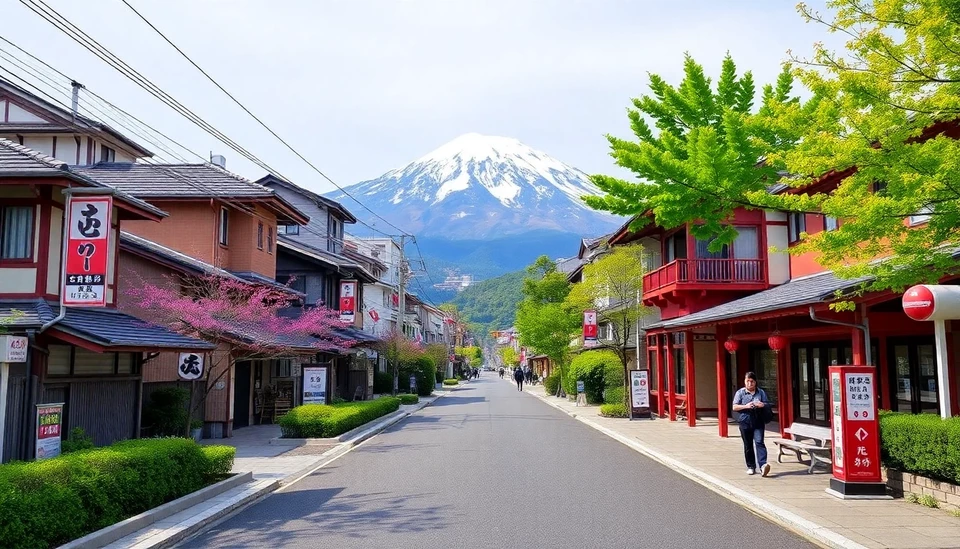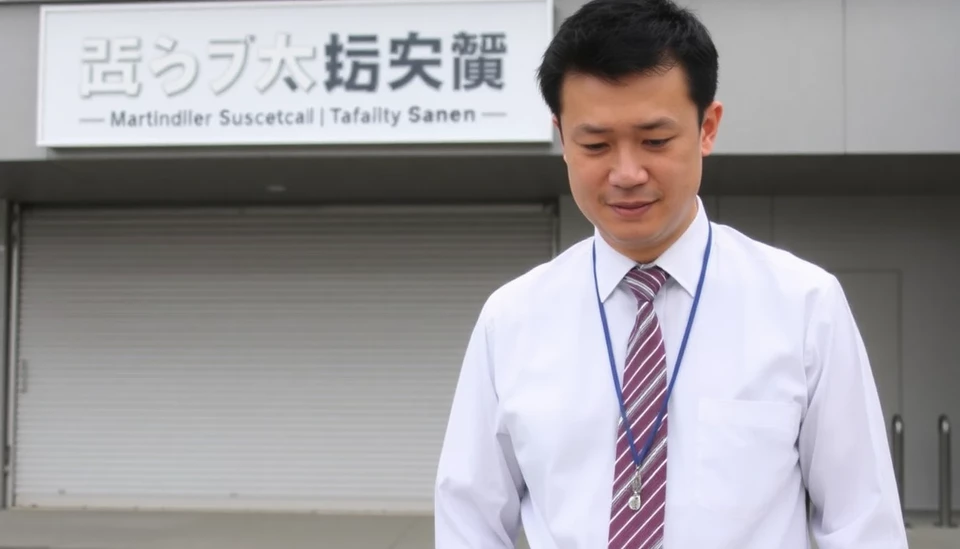
The landscape of Japan's insurance industry is undergoing a significant transformation as two critical factors—escalating crime rates and the increasing impact of climate change—prompt insurance companies to reassess their investment strategies. This unexpected shift has led insurers to pivot away from traditional practices, particularly moving towards stock sales in response to growing economic pressures.
In a country known for its low crime rates, recent increases in criminal activities have alarmed both insurers and policyholders. Companies are facing mounting pressure to adjust premiums and reassess risk assessments, ultimately causing a ripple effect in how they manage their investments. With rising costs associated with claims related to theft, vandalism, and property damage, many insurers are now looking to bolster their financial reserves by liquidating stock positions.
Moreover, the phenomenon of climate change presents another layer of complexity for insurers operating in Japan. The increased frequency and intensity of natural disasters, such as typhoons and flooding, have put a strain on the industry. Insurers are becoming more anxious about potential liabilities tied to extreme weather events, leading to an urgent need for capital. As a result, there has been a notable shift in investment focus towards more resilient sectors, while simultaneously divesting from stocks that may be vulnerable to climate risks.
This dual challenge of growing crime and climate-related threats requires insurers to not only adapt but to innovate. Many are exploring alternative investment avenues, including green technology and sustainable infrastructure, as a response to both public concern and regulatory demands. By redirecting their investments, insurance companies aim to mitigate their own risks while also contributing to broader societal goals of environmental sustainability.
The implications of these evolutions in the insurance sector are far-reaching. Policyholders can expect to see changes in premiums and coverage options, as companies scramble to balance their financial health in these uncertain times. Furthermore, potential investors will need to navigate a market that is increasingly sensitive to issues of safety and environmental impact.
Experts suggest that the convergence of these factors could lead to a redefined insurance landscape in Japan, characterized by a more vigilant approach toward risk and a greater emphasis on sustainable practices. Insurers are now, more than ever, in a position to influence broader economic trends and public policy through their investment choices. This shift has the potential to revolutionize how insurance companies operate, making it essential for stakeholders to stay informed and adaptable.
#JapanInsurance #ClimateChange #CrimeRates #InvestmentStrategies #StockMarket #SustainableInvesting #InsuranceIndustry
Author: Megan Clarke
